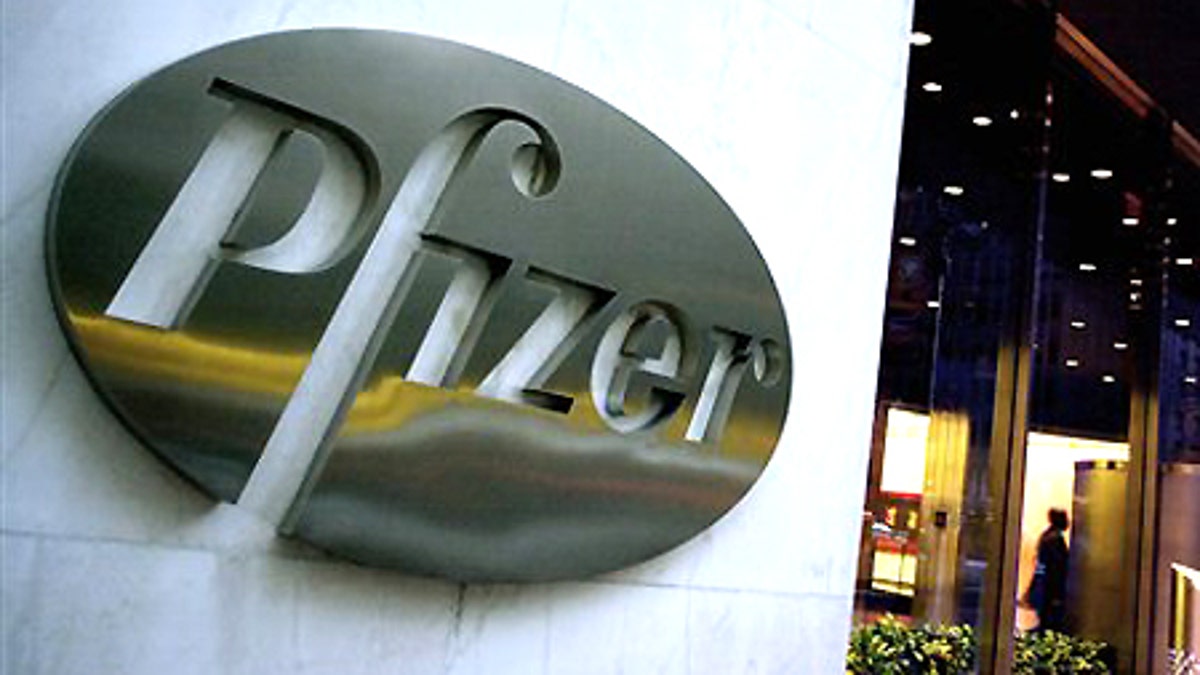
The world headquarters of Pfizer Inc. in New York City. (AP)
When you're passionate about something, it can be hard to hold back from reacting without thinking.
A friend of a friend of a friend— that's the way it always starts— sent me an email saying that she had heard the new breakthrough drug, Ibrance, was only going to be available to a small number of women with advanced breast cancer. She had heard that to get approval from your insurance carrier and, of course, your doctor, you had to be in the first year of Stage 4 metastatic diagnosis. This would narrow the treatment population so totally that all the excitement over the drug would be gone.
I was so freaked out that I sent out a massive email to my Board of Directors and influential friends to inform them of this disastrous news, asking for their help to buy a page in the New York Times to publicize our outrage.
I had not checked the facts. It was a passionate, knee-jerk reaction, and I was wrong.
Those of us who are Stage 4— which, as you know, means incurable— are desperate for drugs that will keep us alive. I have worked hard and for a long time raising money for the research to make this drug possible. To keep it from being available to any woman in my shoes was, well, there are not words for that.
Meeting with my oncologist set me straight.
This remarkable, breakthrough drug will be available to the largest group of women with metastatic breast cancer— women who are estrogen receptor positive.
Every year, 50,000 women will see their breast cancer become metastatic, and 30,000 of these women will be able to be treated with this drug, a targeted therapy that will kill the bad cells without affecting the good cells, a remarkable alternative to chemotherapy. It has shown remarkable success in trials in terms of controlling cancer with very few side effects.
Thank you to all of the scientists and researchers who are working so hard to find answers that can keep us alive and give us better quality of life than chemo. My doctors, John Glaspy and Dennis Slamon, at UCLA, are responsible for this breakthrough, and I am grateful for all they have done to keep us alive.
